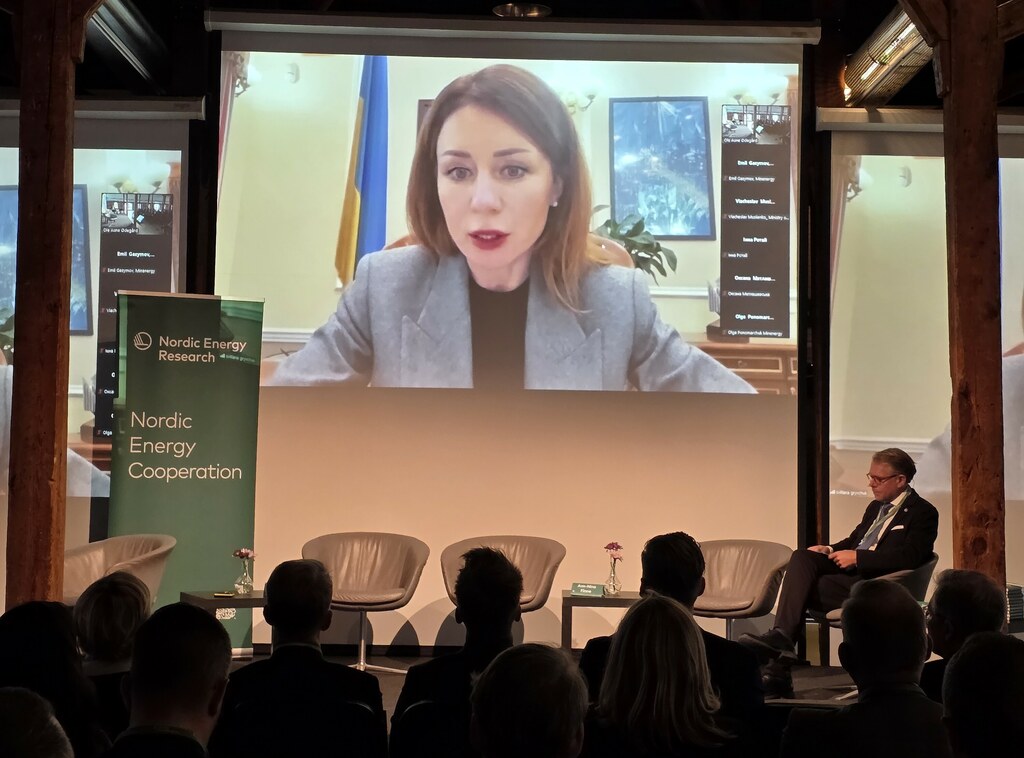
Nordic Energy Security: High-level seminar creates momentum for critical Nordic energy collaboration
Nordic energy leaders and key stakeholders met in Helsinki on 30 September for a seminar on Nordic energy security to discuss how closer cooperation can increase resilience and secure energy demands…
Nordic energy leaders and key stakeholders met in Helsinki on 30 September for a seminar on Nordic energy security to discuss how closer cooperation can increase resilience and secure energy demands. The seminar was organised by Finland’s and Åland’s Chairmanship of the Nordic Council of Ministers in cooperation with Nordic Energy Research and preceded a meeting of the Nordic Energy Ministers. An important contribution to the discussions was the virtual address by Ukraine’s Minister for Energy, Svitlana Grynchuk.
The Russian war of aggression against Ukraine has fundamentally changed the energy security landscape in Europe. Constant attacks on the energy system have shown how critical this sector is to any one country’s ability to function in times of crisis. The recent drone attacks in Denmark and other Nordic countries have further increased a sense of urgency to step up preparedness in the Nordic-Baltic Region.
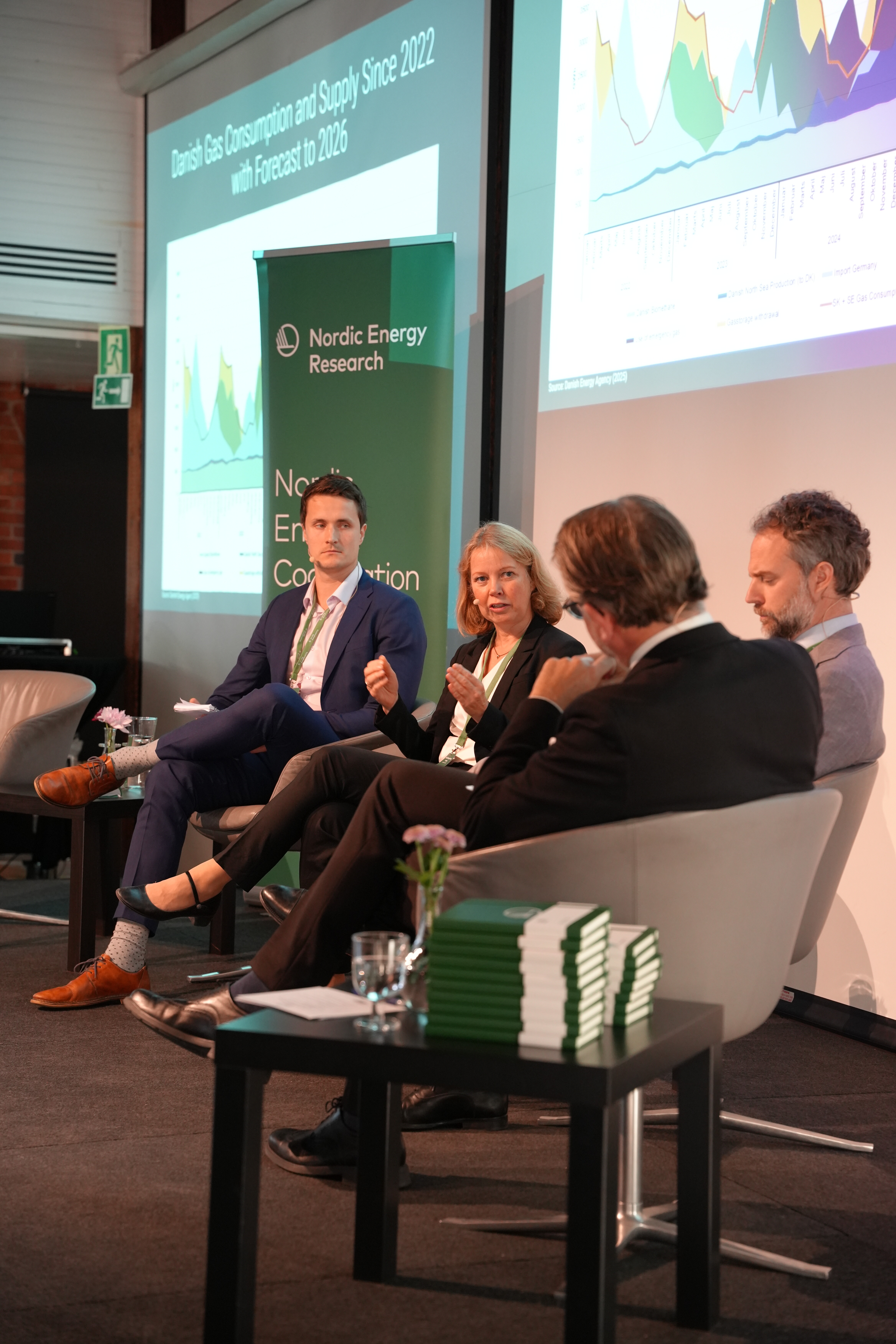
Panel on Gas security of supply in the Nordics with Mika Myötyri, Head of Customers and Market, GASGRID, Jane Glindvad, Head of Division for Gas and Biogas, Danish Energy Agency, Mikael Wigell, CEO, Economic Security Forum, and moderator Jan Andersson, Senor Communications Adviser, Nordic Energy Research.
This conflict-ridden situation was also commented on by Sari Multala, Finland’s Minister for the Climate and Environment, on the sidelines of the seminar. Multala highlighted that the Nordic countries have a lot to learn in terms of being prepared for different crises, pointing out that the hybrid attacks that we have seen in the region don’t seem to be diminishing.
“We can learn a lot from the worst-case scenario from Russia’s terrible war against Ukraine, of how quickly the Ukrainians have been able to rebuild their whole energy infrastructure after attacks,” said Multala.
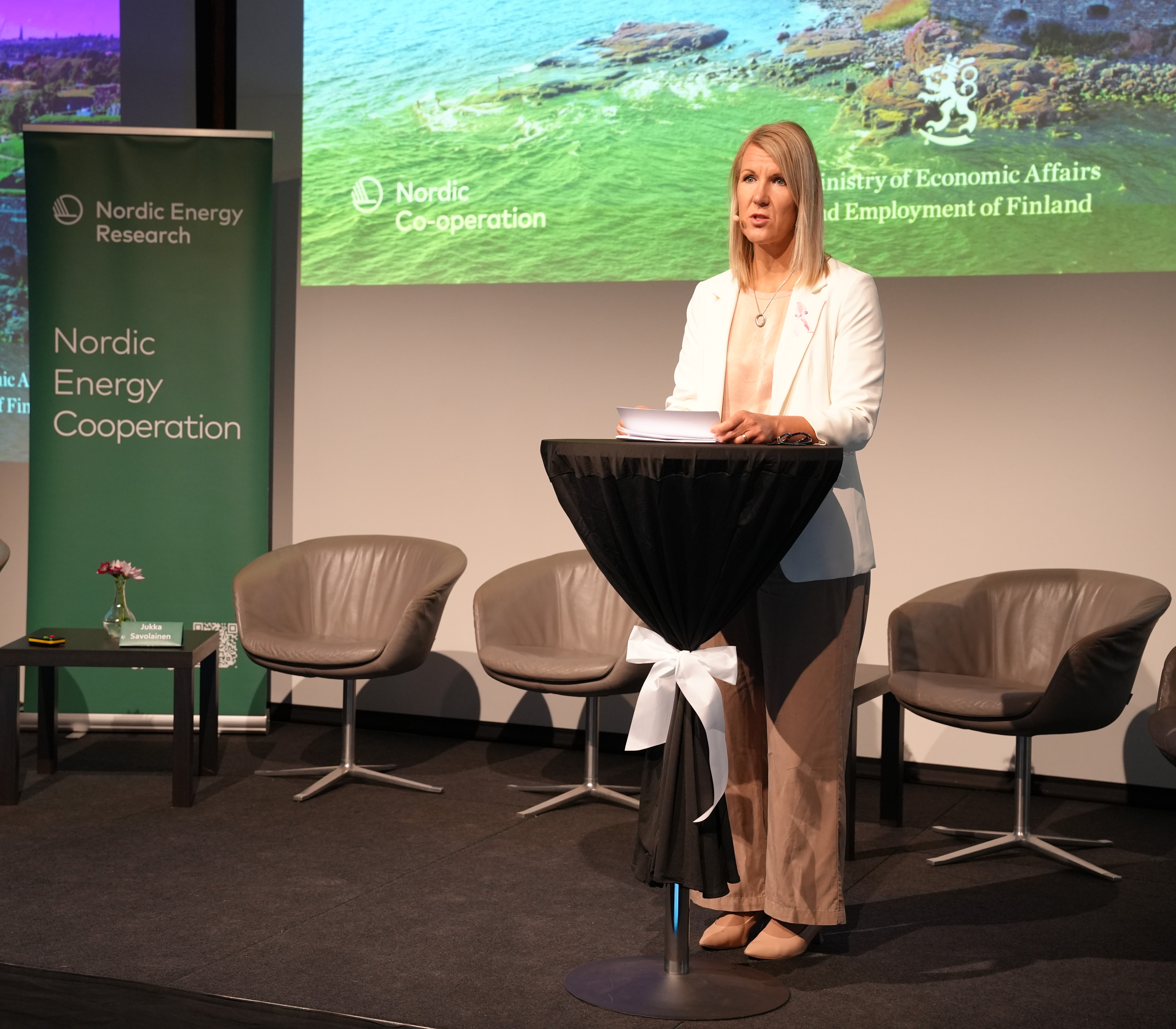
Sari Multala, Minister for the Climate and Environment, Finland.
A Ukrainian lesson on energy resilience
The Ukrainian Energy Minister, Svitlana Grynchuk, joined the seminar virtually to share firsthand experiences of how Russian attacks have been aimed at damaging critical energy infrastructure and that they have intensified as winter approaches. Out of the necessity to restore critical infrastructure before temperatures drop.
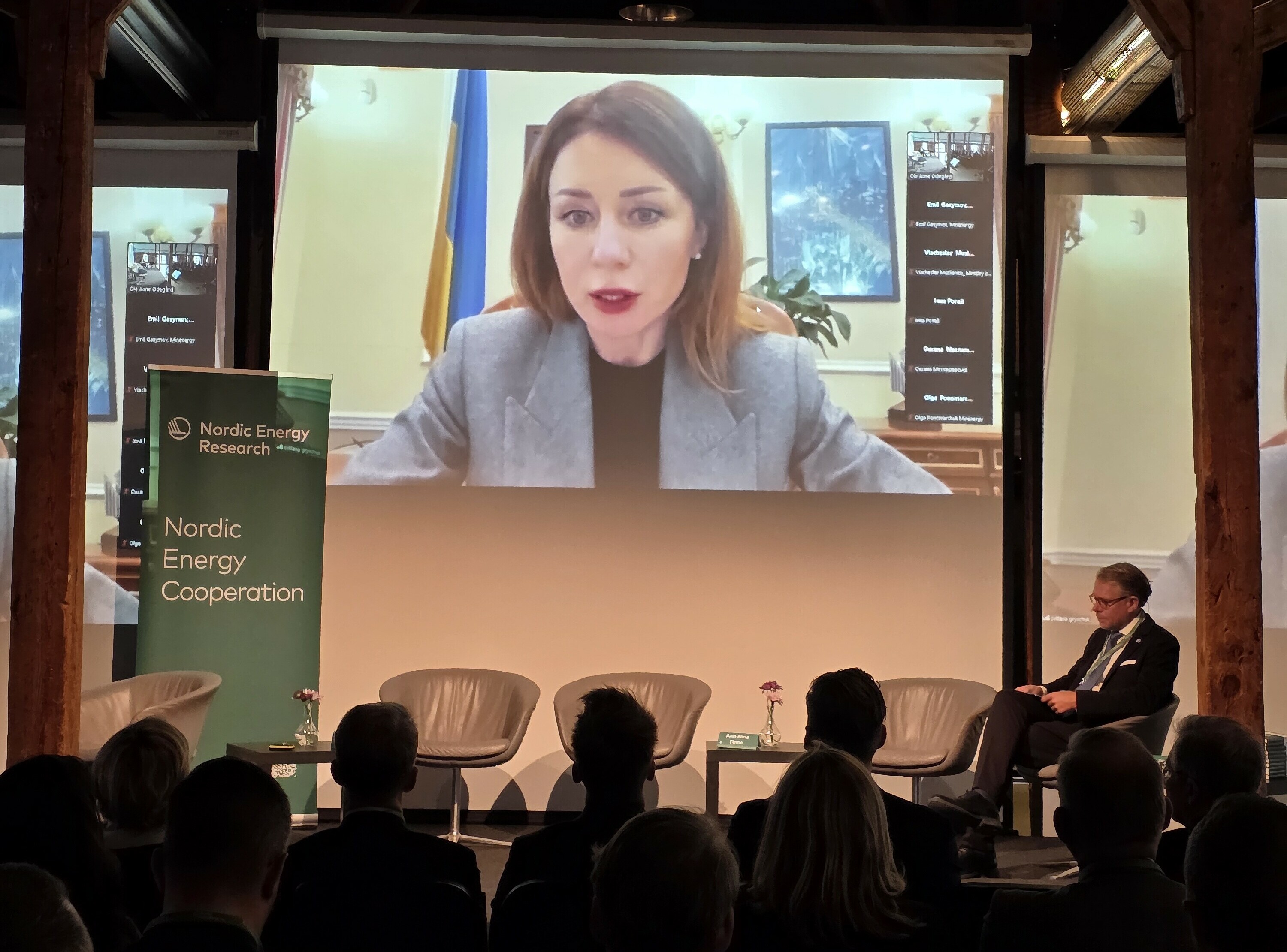
Svitlana Grynchuk, Minister for Energy, Ukraine.
Ukrainian energy workers have become “the fastest in the world” at rebuilding energy systems to secure supplies, as Minister Grynchuk mentioned. Today, many Ukrainians are creating their own energy resilience: from solar panels on balconies to electric car batteries that serve as reserves during power outages. The state quickly adapted laws and regulations to the new reality – and the Nordics can learn important lessons for their own crisis response.
Energy security – the backbone of our societies
Within the mandate of the Nordic Energy Ministers, energy security is defined in its civilian scope as a resilient energy system that secures the countries against external threats, short- and long-term effects of climate change, geopolitical challenges, prices and shocks. This means providing uninterrupted and sufficient capacity of energy to Nordic consumers and companies.
“Energy security is absolutely necessary for our societies. In general, saving energy, upscaling sustainable energy sources, and the electrification of our societies is no longer just about combating global warming. It also concerns our security, and our independence,” said Karen Ellemann, Secretary General of the Nordic Council of Ministers. While the green transition and energy security go together, Ellemann also highlighted that securing energy demands and enhancing resilience in Nordic societies is not least about saving trust and our democracies.
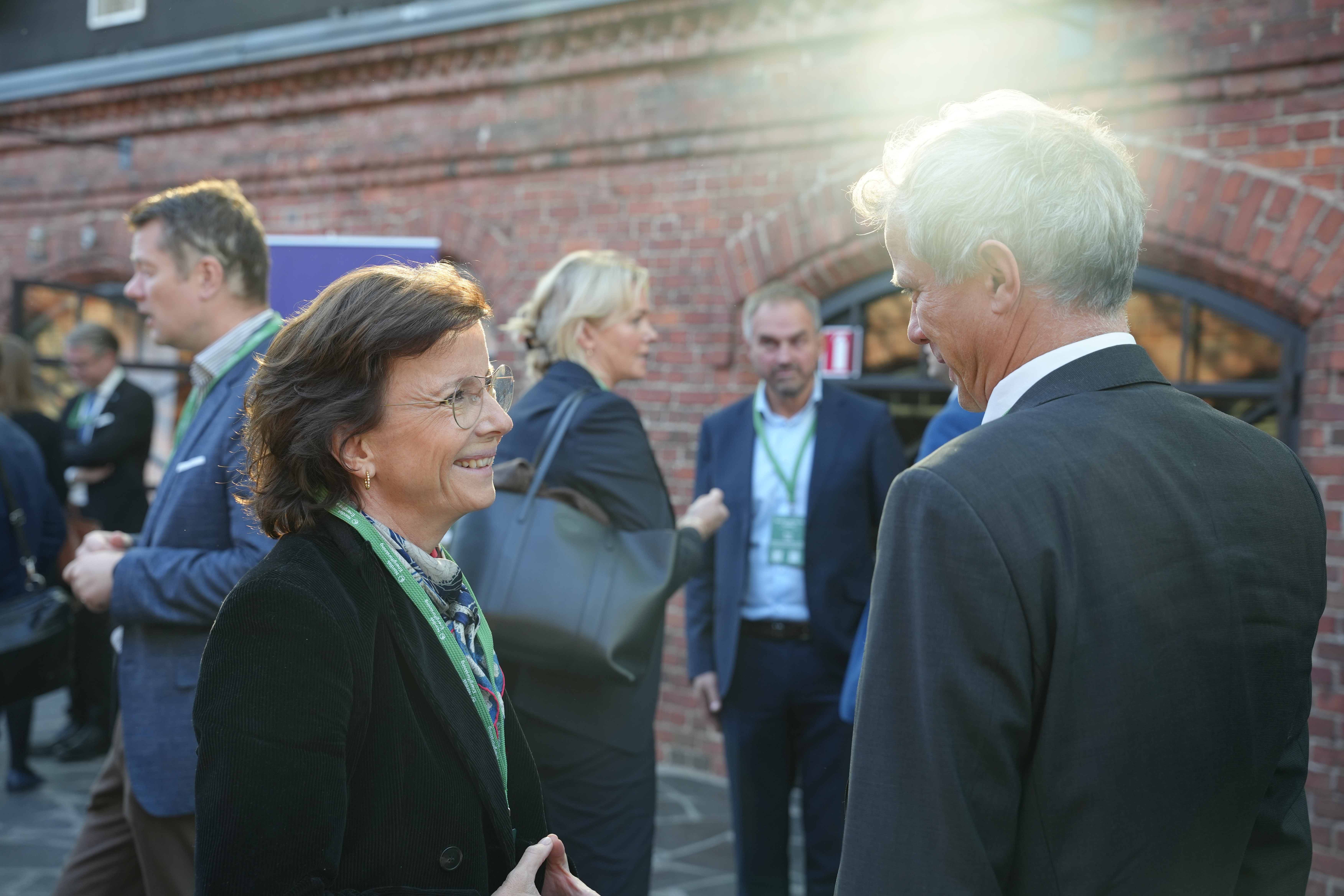
Karen Ellemann, Secretary General, Nordic Council of Ministers, and Klaus Skytte, CEO, Nordic Energy Research.
Stronger together for a sustainable energy future
Key to succeed with these important tasks is cooperation. The Nordic countries share a commitment to resilience, yet their diverse approaches reflect different histories, geographies, and governance styles. By learning from each other the region can build a more unified and robust emergency preparedness framework.
“Now is the time to join forces in Nordic countries and work together to deepen the interconnections, the cooperation and the knowledge we can exchange. Amongst the countries but also between the public and private sector,” said Camilla Gunnell, Minister of Infrastructure and Climate, Government of Åland.
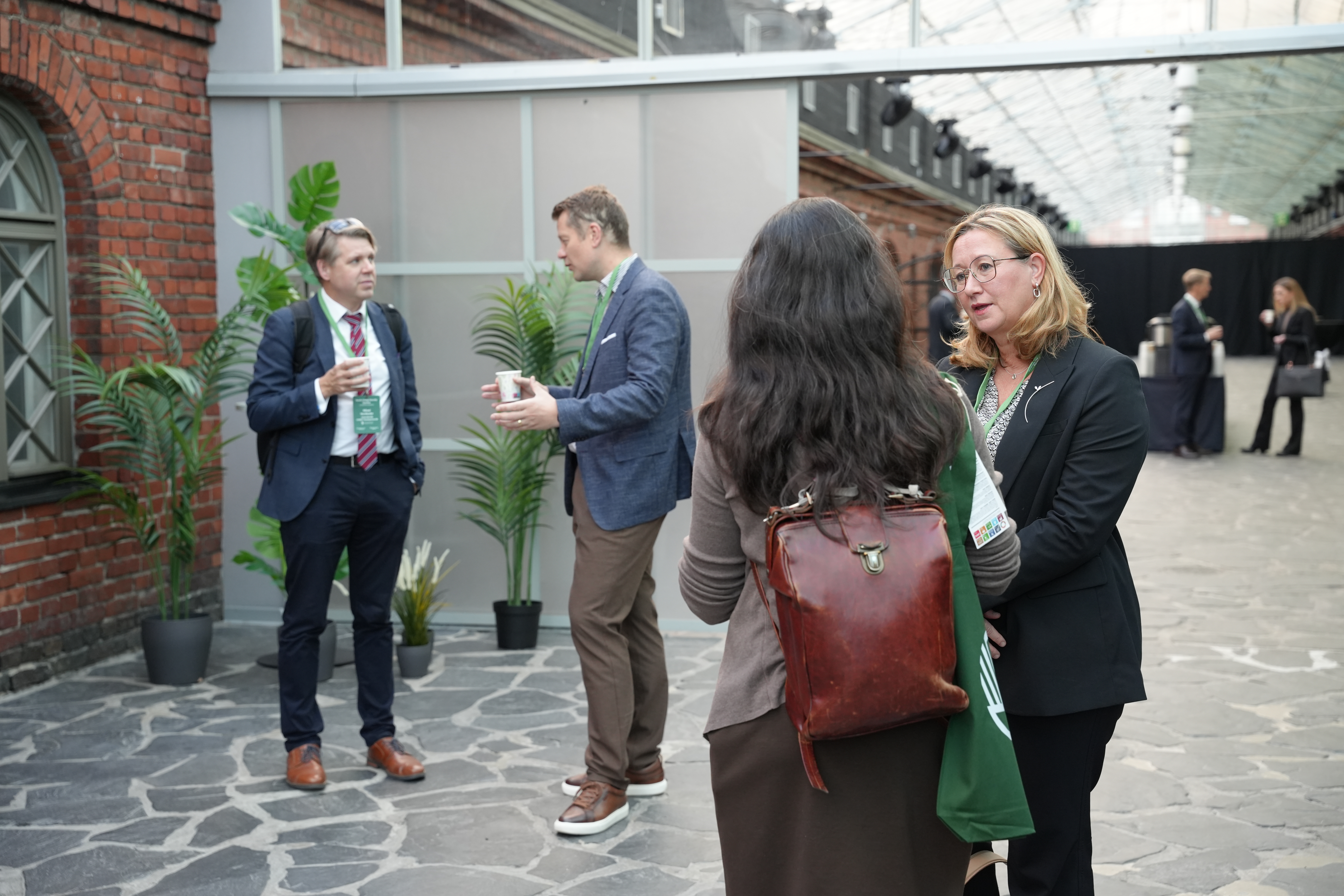
The need for better Nordic coordination and closer cooperation at a time of mounting uncertainty was also reflected as the Nordic Energy Ministers met the day after the seminar. They issued a joint declaration underlining that “[b]y working more closely together, the Nordic countries can build a more secure and sustainable energy future for the benefit of all.”
Leading the way – also in small and remote communities
The declaration further highlights that the “Nordic Region is in a good position to act as a global leader in energy security through its tradition of cooperation, technological advances and shared values, as well as the increasing proportion of energy it produces itself, which improves security of supply and resilience, and reduces dependence on imported fossil fuels from outside the EU/EEA.”
Both the seminar and ministerial declaration addressed the particular situation of small and remote Nordic communities, to whom security of supply is no unfamiliar issue. While they can be particularly vulnerable, being positioned off the grid, they are also “well-positioned to contribute to the production of green fuels due to their great potential in renewable energy,” the declaration notes. Dependency on import of energy sources is not only a question of security, but of competitiveness and independence.
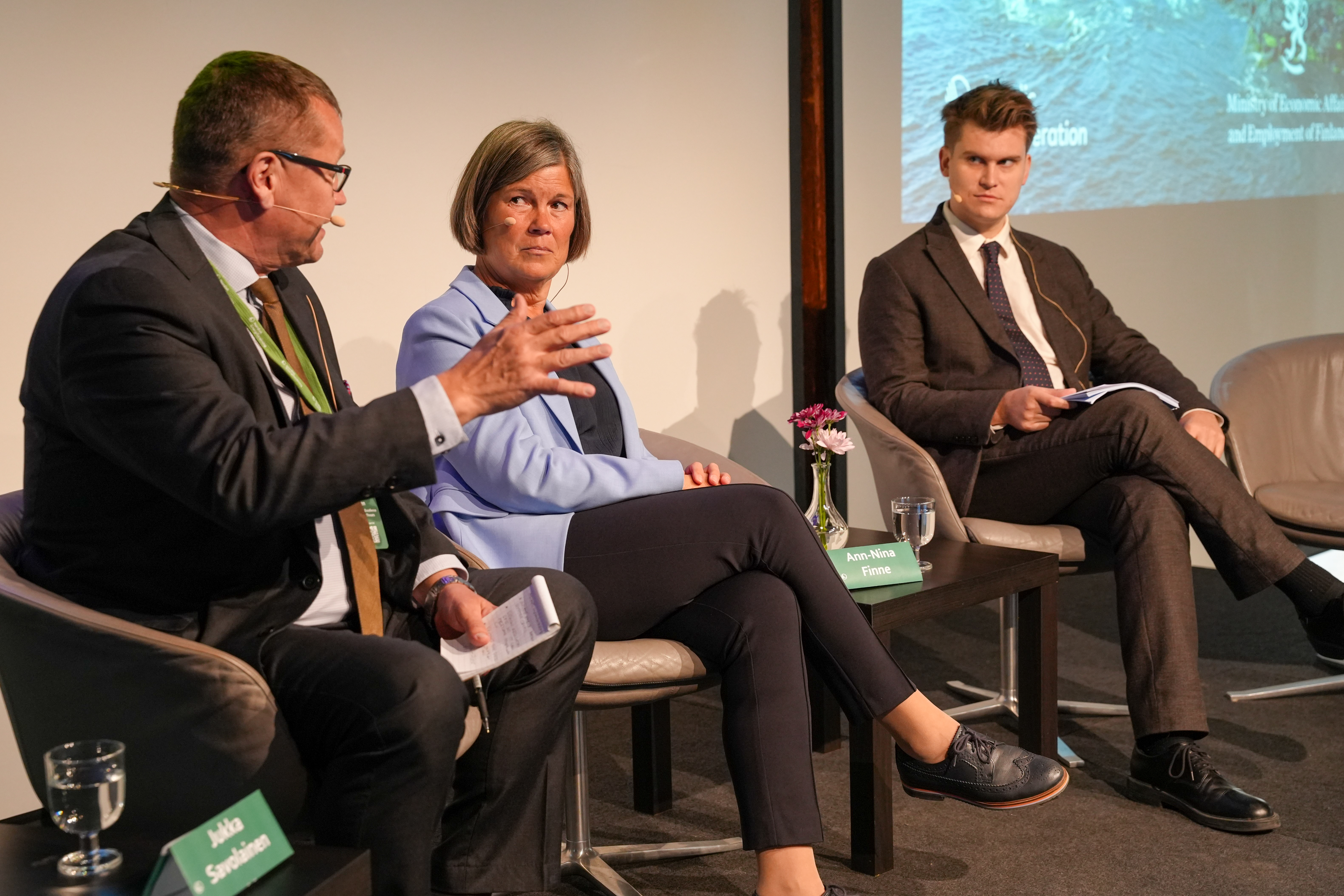
From left: Jukka Savolainen, European Centre of Excellence for Countering Hybrid Threats, Ann-Nina Finne, Founder, Senior Executive Advisor, Finne Advisory, and Jóhann Páll Jóhannsson, Minister of the Environment, Energy and Climate, Iceland.
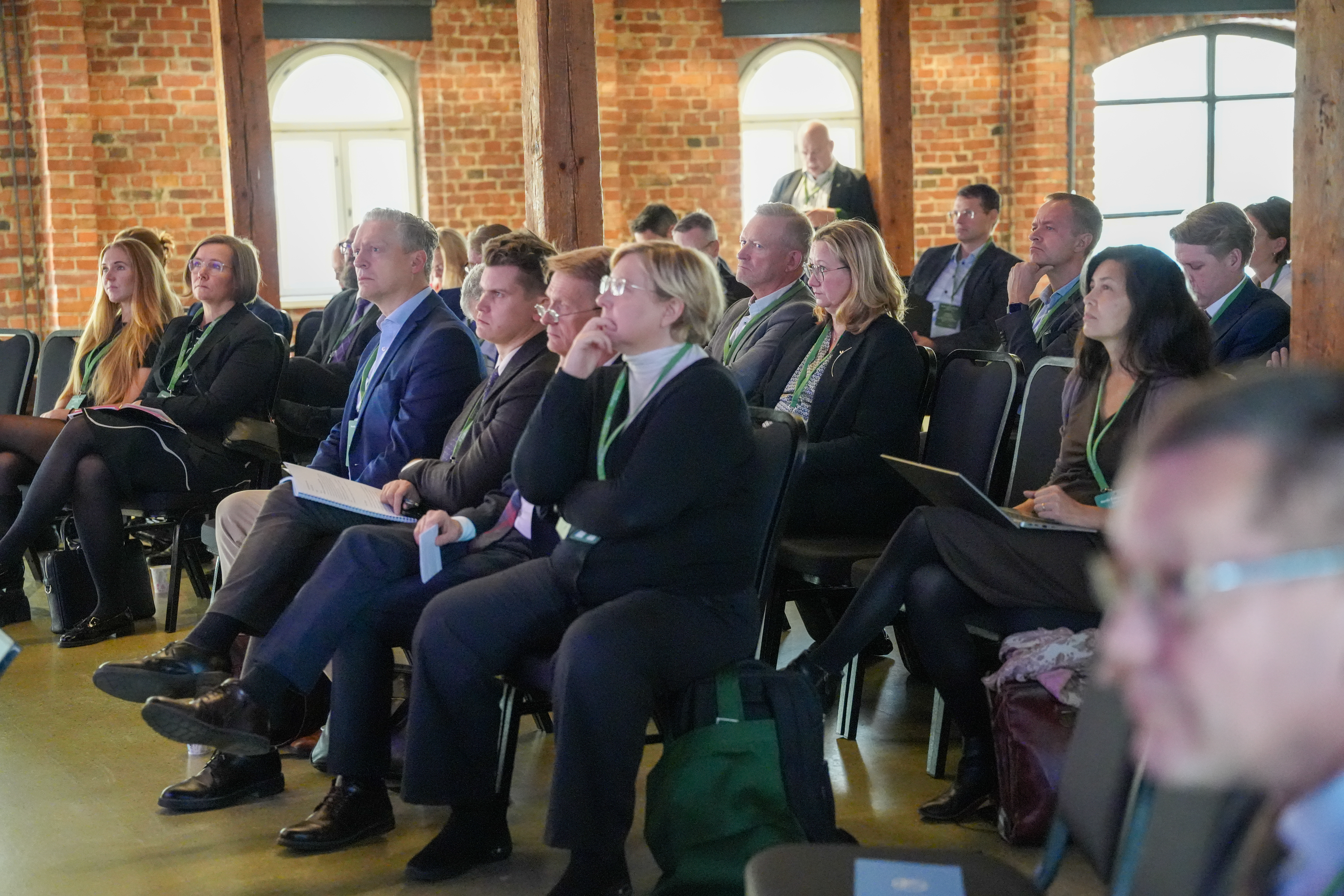
Key take aways
The seminar was hosted under Chatham House Rules to ensure open and honest discussions. But Nordic Energy Research’s CEO, Klaus Skytte, shares his three key take aways from the seminar:
- The time to build resilience is now. Minister Grynchuk’s keynote highlighted the critical importance of preparedness and innovative solutions. The Nordic countries have a long tradition of working across borders to turn crises into opportunities. The present energy security crisis must also inspire us to innovate, to cooperate, and to seek opportunities rather than only see threats. Nordic cooperation is well-positioned, and we shall enforce this by a common knowledge base, support research and innovation, and strengthen regional policy cooperation.
- Strength lies in diversity. While the accelerated electrification is important to reach our goal of becoming the most sustainable and integrated region in the world by 2030, being reliant on electricity makes us vulnerable. We therefore discussed the need for hybrid solutions and that we increase resilience through mixed energy systems and building redundancies. The guiding tenant remains the green transition, but we need to integrate energy security in every step as we further develop our energy systems.
- Cooperation is crucial. The current geopolitical tensions have shown us the value of cooperation. This is evident when reacting to external threats and working towards a common goal. Based on their successful energy-cooperation, the Nordic countries are well equipped to increase energy security in the region. However, we can still improve by harmonising our approaches to energy security, sharing knowledge and assets. This requires dedicated discussions focused on energy collaboration across borders but also between the public and private sector, and our seminar was an important step towards concrete actions.
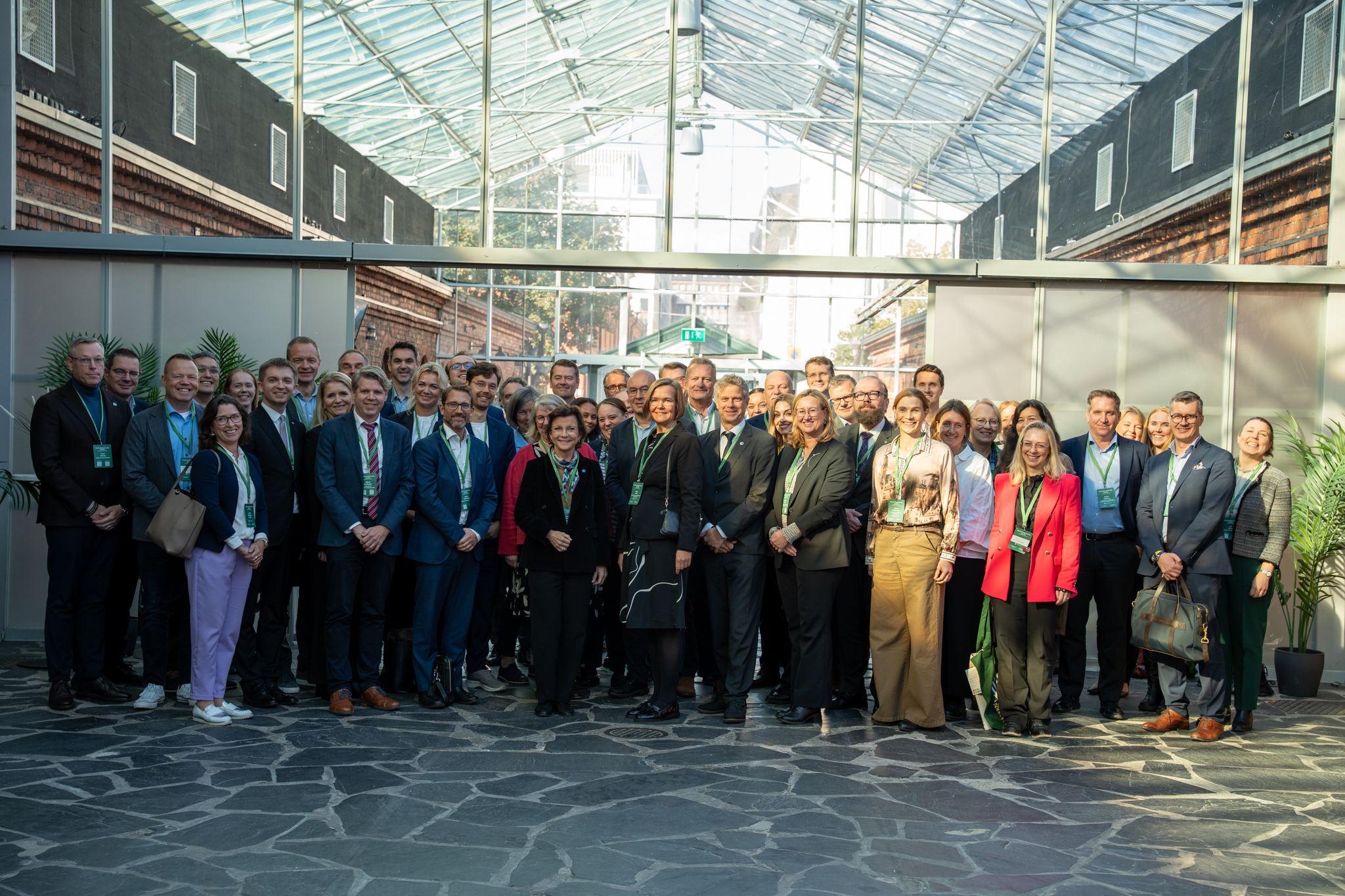
What’s next?
- Following the energy security seminar and the meeting of the Nordic Energy Ministers, Nordic Energy Researchwill publish a report that defines and maps the possibilities for energy security cooperation in the Nordic region. This report will be published in Q3 2026.
- Nordic Energy Research brings the topic of energy security to the Arctic Circle Assembly and is co-hosting a high-level plenary discussion on “Energy security for a Resilient Arctic”. Read more about our sessions at Arctic Circle Assembly here.
- Over the next few weeks, Nordic Energy Research will publish a series of thematic articles that summarise the seminar discussions. These articles will cover topics such as securing critical infrastructure, ensuring energy supply, and building resilience in remote communities.
